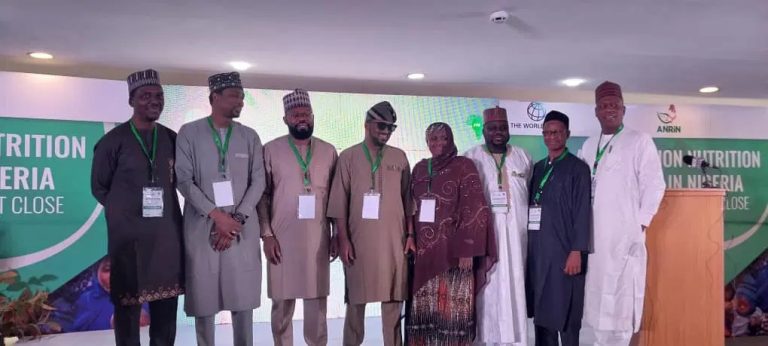From Okwe Obi, Abuja
No fewer than 1.7 million residents drawn from 16 local government areas in Katsina State have received nutritional support under the Accelerating Nutrition Results in Nigeria (ARiN) project.
The ARiN project is a World Bank-funded initiative implemented through the Federal Ministry of Health, Katsina State Ministry of Health, and non-state actors.
Executive Director of African Youth Growth Foundation (AYGF), Dr Salifu Arome, disclosed this at the end of the project’s ceremony held recently in Abuja.
“AYGF, as the non-state actor implementing the ARiN project in Katsina State, has deployed essential nutritional services across 16 local government areas, targeting children under five as well as lactating, nursing, and expectant mothers.
“The foundation has delivered services to over 1.7 million beneficiaries, providing more than 4.5 million interventions, including folic acid, vitamin A, albendazole, micronutrient powders, and counselling services.
“This was achieved within just one and a half years. We are thankful to God and to the support we received, ensuring the project’s successful implementation,” he added.
Katsina State Commissioner for Health, Musa Adamu, emphasised the importance of such initiatives, particularly in addressing the challenges posed by climate change and food insecurity.
“Seeing is believing. No sociopolitical goal can be achieved without food security. The ARiN project showcases collaboration among federal, state governments, and the World Bank.
“In our current environment, with global warming and environmental degradation, this initiative brings immense relief to our people, and we thank the government for being proactive,” he said.
ARiN Project Coordinator, Dr. Umar Bello, stressed that service providers and community volunteers should be encouraged to do more, adding that their roles cannot be overemphasised.
“Community volunteers go house-to-house to ensure that targeted beneficiaries receive the interventions.
“Although implementation in Katsina started late, the two non-state actors involved, have reached over three million beneficiaries within one and a half years, including a six-month extension period,” Bello explained.
